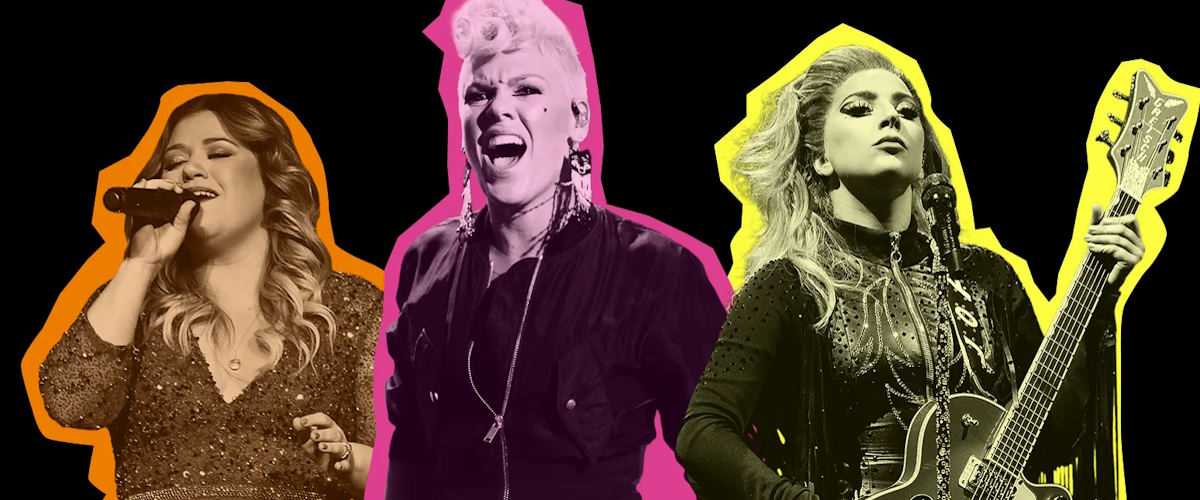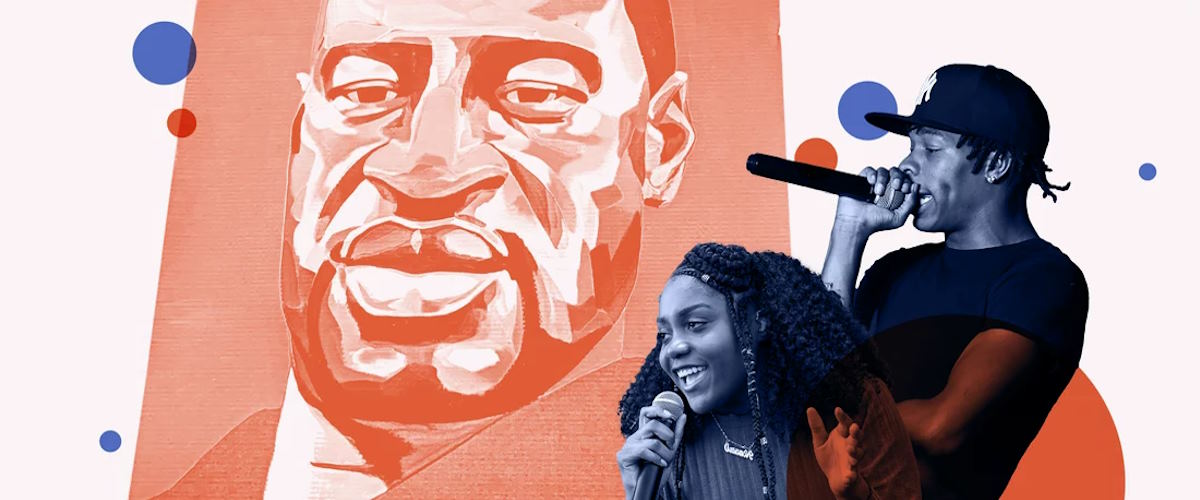Music has long served as a powerful tool for social and political change. From protest songs that echo the struggles of marginalized communities to anthems that unite people across divides, the influence of music in movements cannot be overstated.
The Role of Protest Songs in Shaping Political Change
Protest songs have historically played a crucial role in mobilizing people and raising awareness about social issues. Key aspects include:
- Voicing Dissent: Songs often articulate the frustrations and hopes of those fighting for change, providing a soundtrack to their struggles.
- Rallying Support: Catchy melodies and relatable lyrics can inspire people to take action, making protest songs effective rallying cries during demonstrations.
Uniting Communities Through the Universal Language of Music
Music has a unique ability to bring people together, transcending barriers of language, culture, and background. Consider these elements:
- Shared Experience: Music fosters a sense of community among those who share common goals, allowing individuals to connect emotionally and socially.
- Cultural Representation: Through various genres, music highlights the stories and experiences of diverse communities, giving them a platform to be heard.
The Impact of Music on Civil Rights and Social Movements
Throughout history, music has been integral to major civil rights and social movements. Examples include:
- Civil Rights Movement: Songs like “We Shall Overcome” became anthems of the struggle for racial equality, providing hope and strength to activists.
- Anti-War Protests: During the Vietnam War, artists like Bob Dylan and Joan Baez used their music to voice opposition, galvanizing public sentiment against the conflict.
- LGBTQ+ Rights: Music has been a vital part of the LGBTQ+ rights movement, with songs celebrating love and acceptance that resonate with many.
The power of music in social and political movements is profound, shaping public opinion and mobilizing communities for change. By giving voice to the voiceless and fostering unity, music not only reflects the struggles of society but also serves as a catalyst for transformation. As history has shown, when people come together through music, they can inspire change that resonates far beyond the notes and lyrics.



 Rubi Godin, a music journalist and passionate listener, uses her blog to share her unique take on music’s evolving landscape. Her articles cover everything from mainstream hits to underground beats, always with an ear for authenticity.
Rubi Godin, a music journalist and passionate listener, uses her blog to share her unique take on music’s evolving landscape. Her articles cover everything from mainstream hits to underground beats, always with an ear for authenticity. 